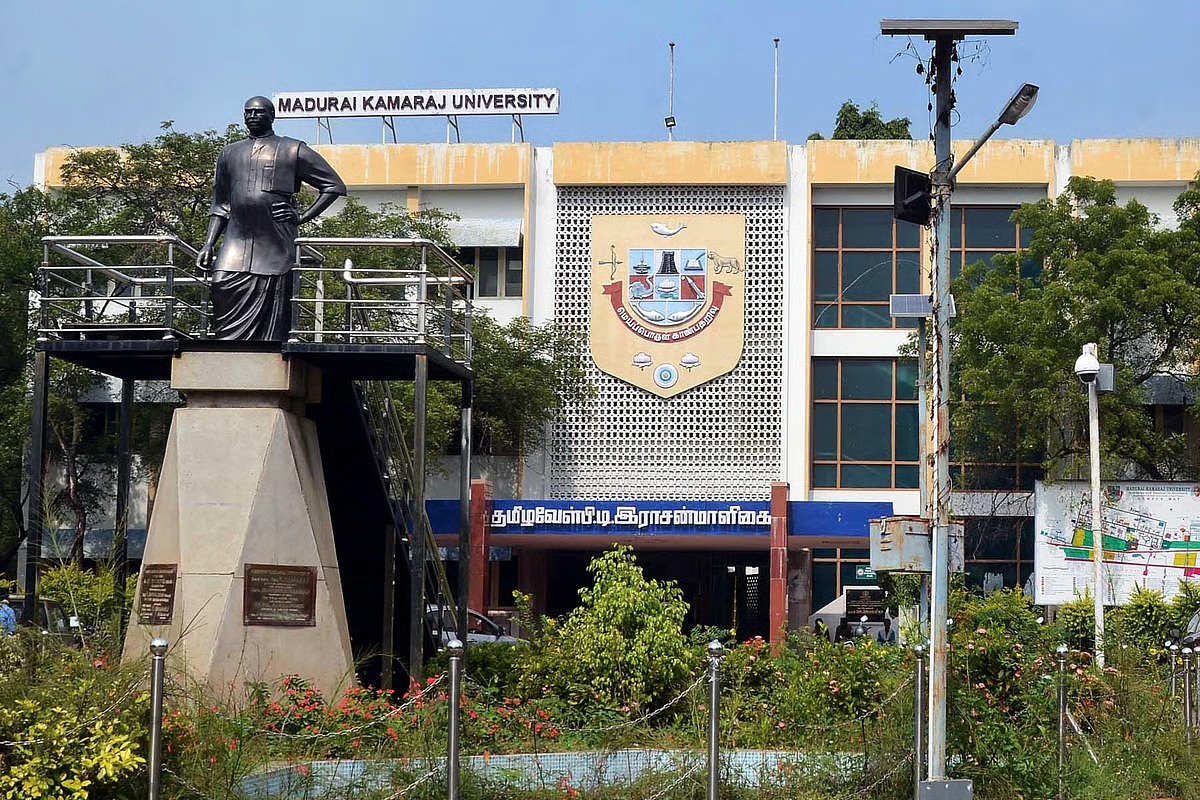A.I.S. Cheema, J.@mdashThis Application is u/s 482 of the Code of Criminal Procedure, 1973 (for short "Cr.P.C.") Notice to Respondent. Learned A.P.P. waives service for Respondent. Heard finally learned counsel for the Applicant and learned A.P.P. for State. In this matter, the trial Court has, by order dated 31st December, 2013, found that original statements recorded u/s 164 of the Cr.P.C." were not available in Nazarat. The trial Court, after going through the record, found that original statements of witnesses were not traceable. After hearing the accused, the trial Court, relying on the case of
Against the order of the trial Court, Criminal Revision Petition No. 3 of 2014 was filed. The Additional Sessions Judge, Vaijapur, relied on Section 62 of the Indian Evidence Act, 1872 (for short "Evidence Act") and observed that carbon copies of statements are available and there appears the signature of Magistrate and the witness concerned on the copies of statements. The Additional Sessions Judge observed that to bring the document within the meaning of Section 62 of the Evidence Act, the whole of the document with signatures must have been made in uniform process and it certainly appears, going through these statements, that documents with signatures on it have been made in uniform process. Thus, the Additional Sessions Judge, by order dated 10th February, 2014, concurred with the Judicial Magistrate, First Class and dismissed the Revision.
2. Now the learned counsel for the Applicant is submitting that in the matter of Prithi Chand (supra), which has been relied on by the subordinate Courts, the facts were different. In the matter referred, carbon copy was made by one uniform process of certificate of doctor given in discharge of professional duty and the lady doctor herself was not available and it was found that it would not be possible to secure her presence without undue delay and therefore the prosecution was permitted to prove the certificate through another doctor who was conversant with handwriting of the said lady doctor. According to the learned counsel, in those circumstances, carbon copy was treated as primary evidence.
3. Learned counsel for the Applicant submitted that by treating the documents as primary evidence, the documents are being tried to be relied on.
4. Section 62 of the Indian Evidence Act, 1872 reads as under:-
62. Primary evidence.-Primary evidence means the document itself produced for the inspection of the Court.
Explanation 1. Where a document is executed in several parts, each part is primary evidence of the document. Where a document is executed in counterpart, each counterpart being executed by one or some of the parties only, each counterpart is primary evidence as against the parties executing it.
Explanation 2.-Where a number of documents are all made by one uniform process, as in the case of printing, lithography or photography, each is primary evidence of the contents of the rest; but, where they are all copies of a common original, they are not primary evidence of the contents of the original.
5. I do not find substance in the apprehension of counsel for Applicant. Proof of a document is separate aspect. Even if the documents are treated as primary evidence, the same have to be strictly dealt with and treated within the ambit and scope of Section 164 of Cr.P.C. I find Section 62, Explanation (2) of the Evidence Act read with Judgment in the matter of Prithi Chand (supra) applies to present matter. When the statements u/s 164 of Cr.P.C. were found to be not traceable, the carbon copies of the statements have been rightly treated as primary evidence as they were made by one uniform process. I do not find anything wrong in the order of the Magistrate as well as the Additional Sessions Judge, so as to invoke inherent jurisdiction u/s 482 of Cr.P.C., to interfere in the impugned orders. For the reasons stated above, Criminal Application is rejected.

